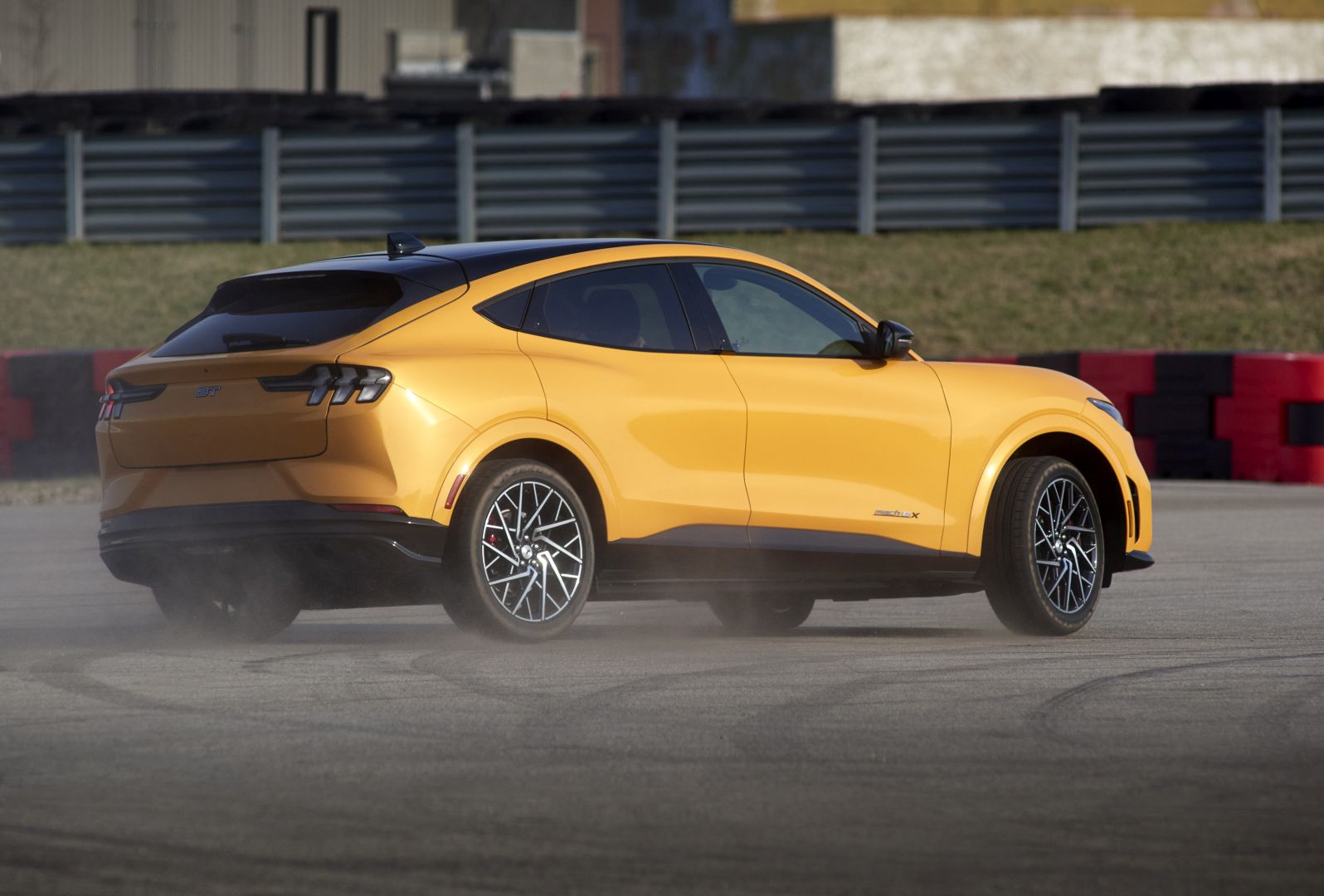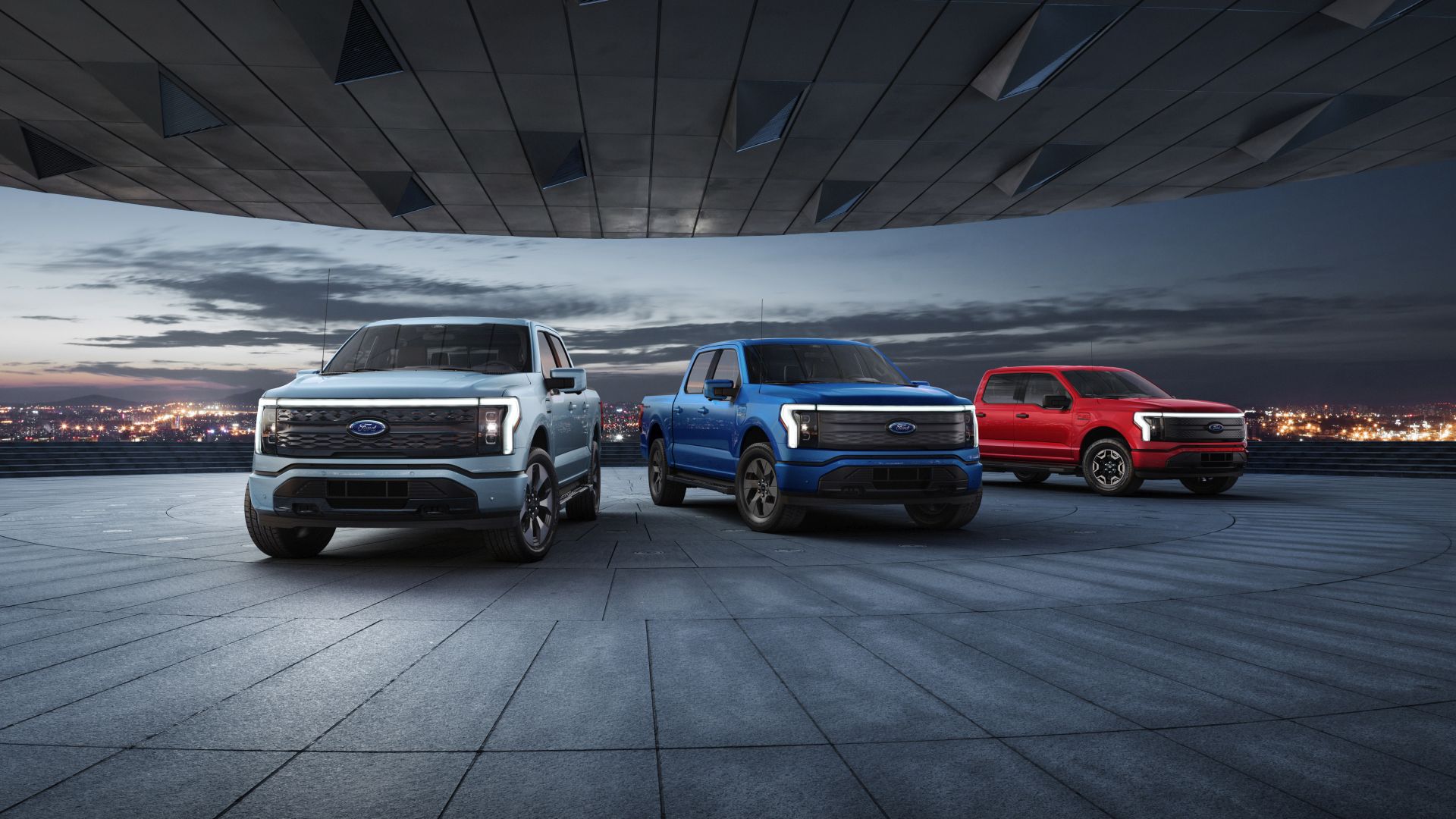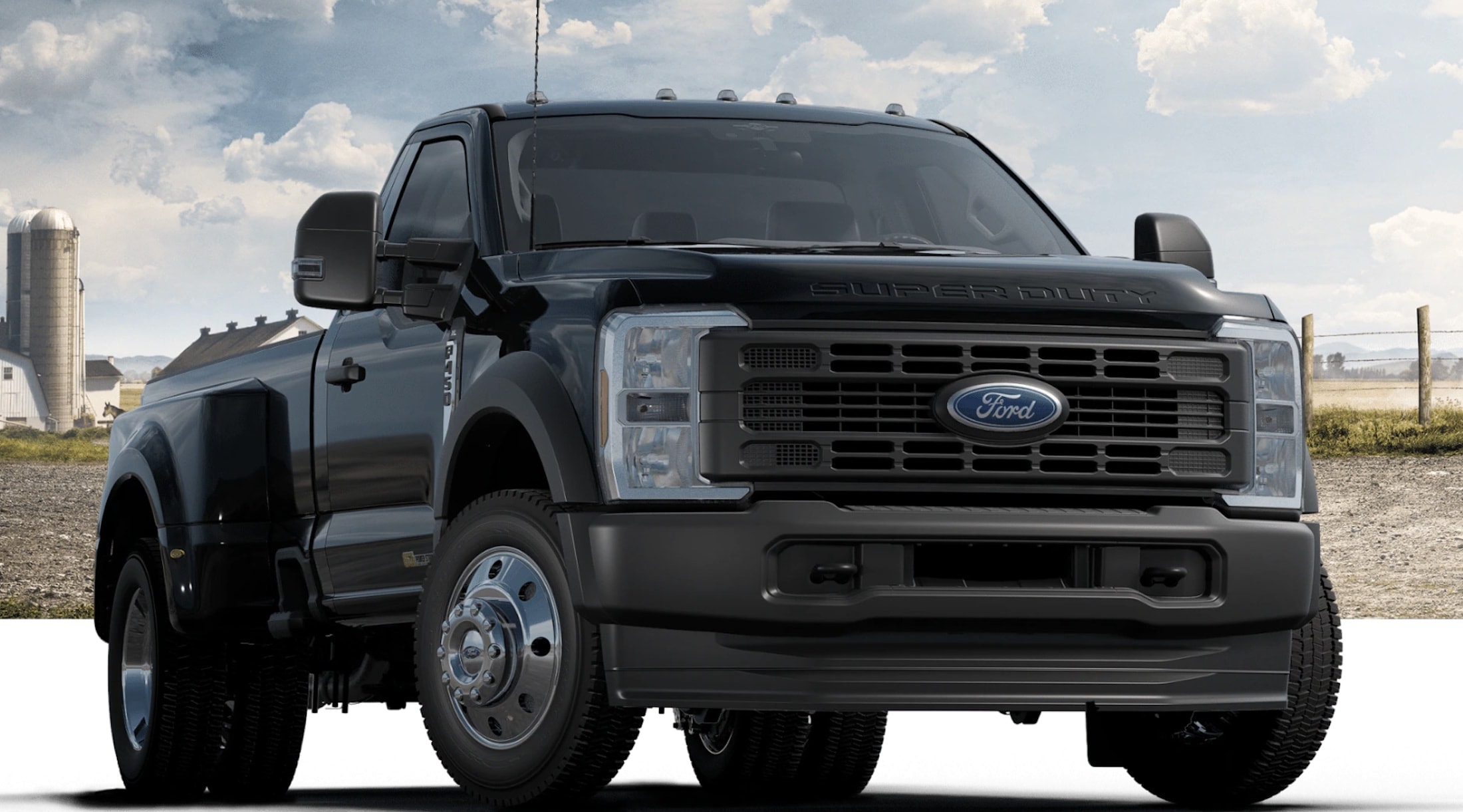Ford’s electric vehicle plans have taken a significant turn. After years of pushing toward an all-electric lineup, the automaker has announced a major shift. A previously planned three-row electric SUV, already delayed, has been officially canceled.
This decision comes amidst a surprising surge in demand for Ford’s EVs, contradicting earlier predictions of a decline. The automaker’s decision to scrap the electric SUV is a stark contrast to its previous aggressive stance on electrification.
Ford had positioned itself as a leader in the EV market, with a growing lineup of electric vehicles. However, the recent cancellation of the SUV suggests that the company may be reassessing its strategy in response to changing market conditions.

Despite the cancellation, Ford’s electric vehicle sales have been strong. The automaker has reported record sales figures for its EV lineup, with models like the Mustang Mach-E and F-150 Lightning proving popular among consumers. This unexpected demand growth highlights the increasing interest in electric vehicles and challenges the notion of a declining market.
The cancellation of the three-row electric SUV raises questions about Ford’s plans in the electric vehicle space. While the company may be focusing on other electric vehicle projects, the decision suggests a potential shift in its strategy. It remains to be seen how Ford will adapt to the changing market and maintain its position as a leading player in the electric vehicle industry.
One possible explanation for the cancellation could be the high costs associated with developing and producing electric vehicles. The automotive industry is facing significant investments in new technologies, and the transition to electric vehicles can be expensive. It’s possible that Ford may have re-evaluated the profitability of the three-row SUV project and decided to allocate resources to other initiatives.
Additionally, the cancellation could reflect a shift in consumer preferences. While demand for electric vehicles has been on the rise, specific models and vehicle segments may be more or less popular. It’s possible that Ford may have conducted market research and determined that the three-row SUV was not as appealing to consumers as it had anticipated.
Regardless of the specific reasons behind the cancellation, Ford’s decision is likely to have implications for the broader electric vehicle market. The automaker’s actions could signal a shift in the competitive world and potentially influence the strategies of other automakers.
As the electric vehicle industry continues to rise, it will be interesting to see how Ford adapts to the changing market and positions itself for long-term success. Ford’s electric vehicle plans have experienced a significant setback. The automaker has abandoned its three-row electric SUV, which was initially scheduled for production in 2025.
This decision follows a series of delays, culminating in the project’s complete cancellation. Instead, Ford will focus on manufacturing large Super Duty trucks at the Oakville Assembly Complex in Canada. To reduce costs and stimulate demand, Ford is also scaling back investments in EV development and implementing cost-cutting measures across its entire lineup.
As a result, the company is anticipated to incur substantial losses on EVs this year. Additionally, Ford will take a non-cash charge of $400 million for the write-down of assets associated with the canceled SUV. Despite these challenges, Ford remains committed to electrifying its lineup.

The company plans to introduce one more electric van and two new pickup trucks by 2027. However, the launch of the updated F-150 Lightning has been postponed until 2027 to align with the availability of lower-cost battery technology. To qualify for incentives under the US Inflation Reduction Act, Ford is also relocating some battery production.
Furthermore, Ford’s decision to scrap the three-row electric SUV highlights the ongoing challenges and uncertainties in the electric vehicle market. The company’s shift towards larger, more profitable vehicles like the Super Duty underscores the need for automakers to carefully balance their EV strategies with the demands of the market.

